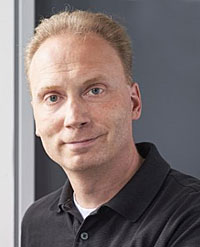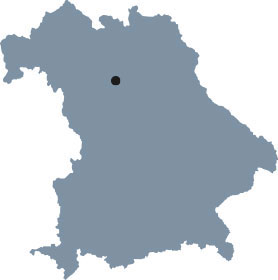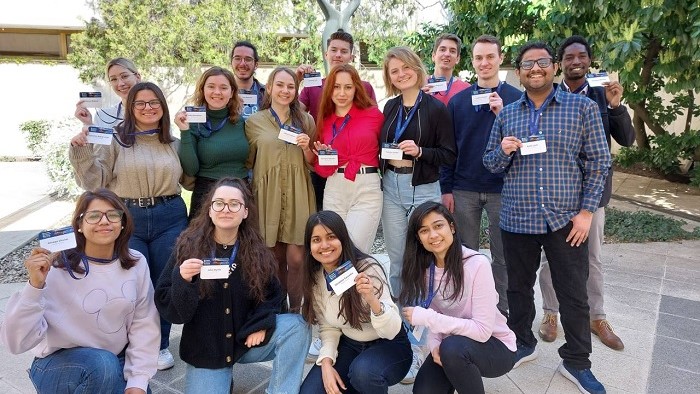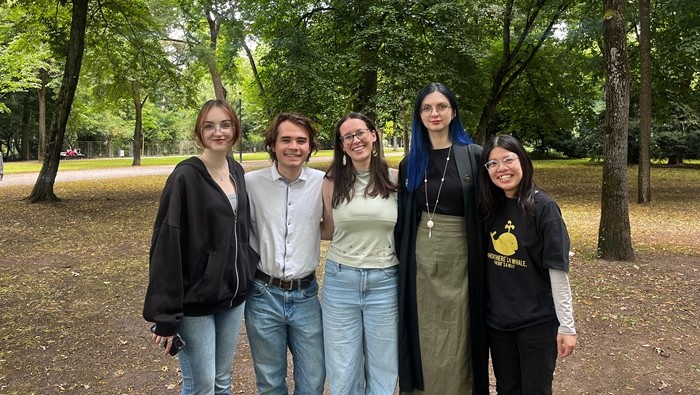Integrated Immunology
Infectious diseases, cancer, autoimmune diseases and the increasing number of allergies are a major challenge for our society. The goal of the Elite Graduate Program “Integrated Immunology” is to show students that immunological knowledge is a key qualification to solve these problems. Innovative teaching concepts and a stay abroad prepare students the best way possible for careers in science, industry or related fields.
| Degree | Master of Science |
| Duration of study | Four semesters |
| Place of study | Erlangen |
| Admission requirements | Bachelor of Science (or equivalent) in Life Sciences and Medicine |
| Language of instruction | English |
| Application deadline | July 15th |
| Begin of studies | Winter semester |
| Head | Prof. Dr. Falk Nimmerjahn |
| Coordinator | Dr. Anja Glanz Contact the coordinator |
| Further information | Website Integrated Immunology |
The Elite Graduate Program "Integrated Immunology" offers outstanding students from Germany and abroad a practice-oriented education in the field of Immunology. In addition to a basic education in immunology as well as cell and molecular biology, the program provides in-depth knowledge in clinical immunology. This unique combination of basic and clinical-translational teaching content allows students to directly apply their acquired knowledge in a practice-oriented way. From the very beginning, the latest topics and findings in immunological research are dealt with in seminars or by invited speakers. Accordingly, the Elite Graduate Program Master's program keeps pace with the rapidly developing field of research.
In addition to classical teaching concepts, new and innovative forms of teaching such as problem-oriented learning are used to strengthen teamwork as well as leadership and organizational skills. In order to maximize learning success, students are supported by tutors and individually assigned mentors. These are available to students as contact persons throughout their studies. A two- to three-month research stay in an international laboratory completes the innovative program, allowing students to establish an international network.
An extensive tutoring and mentoring program supports the learning success of the students and helps with future career planning. Innovative teaching methods, such as problem-oriented learning and the individual design of key qualifications, provide a high level of flexibility. Scientific retreats and insights into the research activities of local collaborative research centers and doctoral schools round off the outstanding support package for young talents.


Through the combination of innovative teaching concepts and practice-oriented immunological training, the program prepares students in a unique way for a career in one of the most exciting fields of research for the future of our society.
Prof. Dr. Falk Nimmerjahn
The Elite Graduate Program "Integrated Immunology" with its proven and innovative teaching concepts, the combination of basic principles and clinical practice, its international orientation and a special supervision concept offers students an excellent opportunity to position themselves in the best possible way on a national and international level with regard to careers in science and industry.




